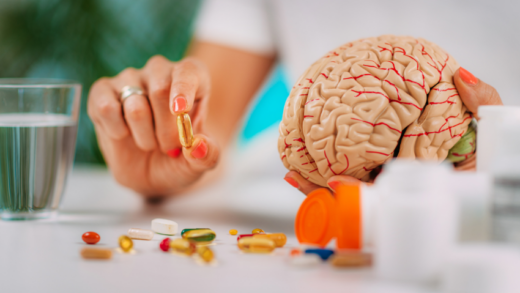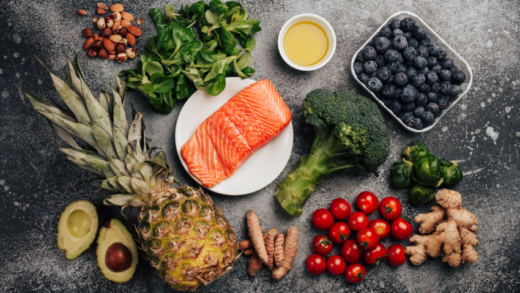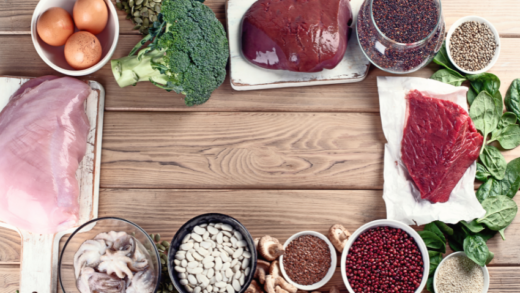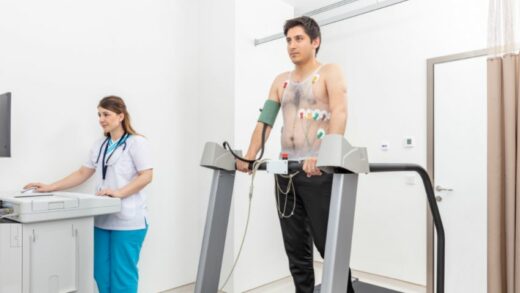Food poisoning is a common illness caused by consuming contaminated food or drinks. It can cause a range of symptoms, from mild to severe, including nausea, vomiting, diarrhea, stomach cramps, fever, and fatigue. While most cases of food poisoning can be treated at home, it’s important to know what to do in case of foodborne illnesses to relieve your symptoms and prevent complications. In this article, we’ll discuss the steps you should take when you suspect you have food poisoning.
What to do in case of Food Poisoning?
Identify the Source of Contamination
The first step in treating foodborne illnesses is to determine the source of contamination. Think about the last meal you had and whether any of the food items might have been undercooked, spoiled, or handled improperly. This information can help you identify the potential culprit and prevent further contamination.
Stay Hydrated
One of the most common complications of food poisoning is dehydration. Loss of fluids through vomiting and diarrhea can quickly deplete your body’s water and electrolyte levels. To prevent dehydration, drink plenty of water, clear broths, or electrolyte-rich drinks like sports drinks. Avoid caffeine and alcohol, as they can worsen dehydration.
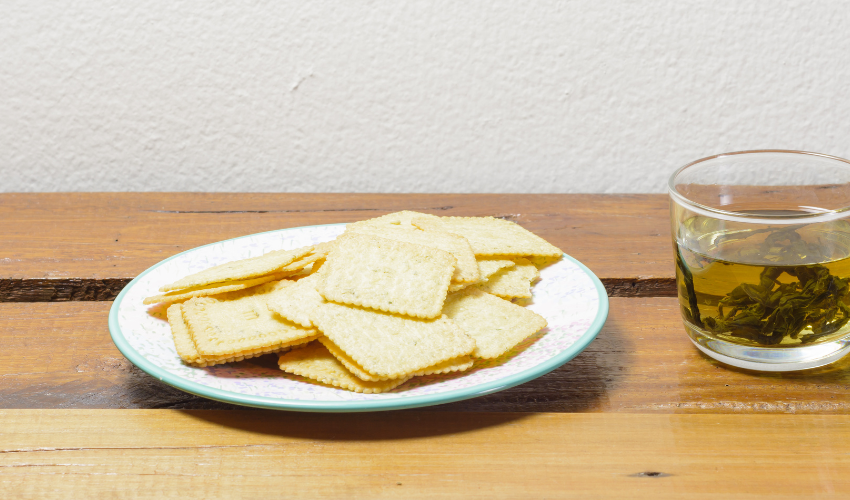
Rest and Recover
Rest is essential for your body to heal from foodborne illnesses. Avoid overexertion, and stay in bed until you start to feel better. Taking it easy for a few days can help speed up the recovery process.
Seek Medical Attention
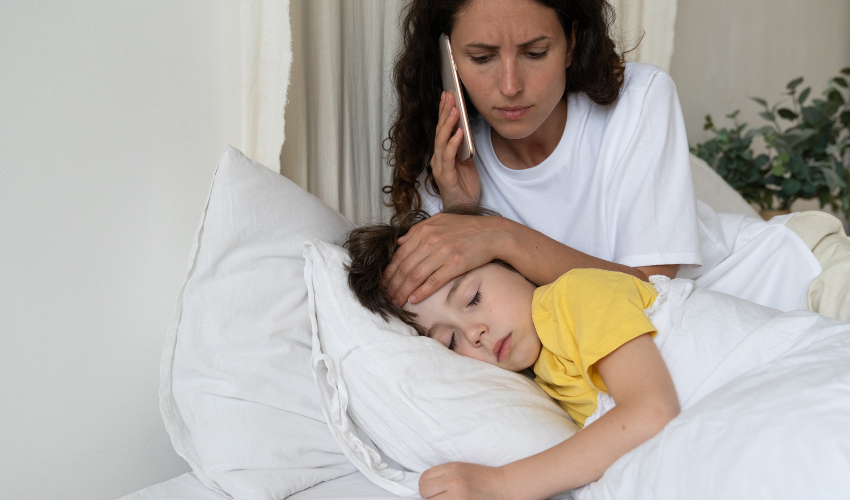
In severe cases of foodborne illnesses, you may need to seek medical attention. If you experience any of the following symptoms, seek medical help immediately:
- High fever (above 101.5 F)
- Bloody stools
- Severe dehydration
- Difficulty breathing
- Persistent vomiting that doesn’t improve after 24 hours
Foods to Avoid When Recovering from Food Poisoning
- Spicy and Greasy Foods
- Dairy Products
- Alcohol
- Caffeine
- Raw Fruits and Vegetables
How to Prevent Food Poisoning?
- Wash Your Hands
- Cook Food Thoroughly
- Store Food Properly
- Avoid Cross-Contamination
- Be Cautious of High-Risk Foods
FAQs:
What is the best way to stay hydrated when I have food poisoning?
Drink plenty of fluids such as water, clear broths, and electrolyte beverages.
Can I take antibiotics for foodborne illnesses?
Antibiotics are not usually prescribed for food poisoning as most cases are caused by viruses or toxins, which cannot be treated with antibiotics.
How long does it take to recover from foodborne illnesses?
The recovery time from foodborne illnesses depends on the type of infection, severity of symptoms, and your overall health. In most cases, symptoms subside within a few days to a week.
Can I eat solid food when I have food poisoning?
You can eat solid food, but it’s important to stick to bland, easy-to-digest foods like plain toast, crackers, or chicken broth.
How can I avoid getting food poisoning again in the future?
Follow food safety guidelines, such as cooking food to the correct temperature, storing food properly, and avoiding high-risk foods like undercooked meats and raw eggs.
Conclusion
Food poisoning can be a miserable experience, but with proper care and attention, you can relieve your symptoms and get back to feeling like yourself in no time. Remember to stay hydrated, rest, and avoid certain foods when recovering from foodborne illnesses. If your symptoms persist or worsen, seek medical attention promptly. In addition, taking steps to prevent poisoning can reduce your risk of getting sick in the first place. By following food safety guidelines and being cautious about what you eat, you can protect yourself and your loved ones from foodborne illnesses.
Knowing what to do in case of food poisoning is essential for anyone who wants to protect themselves from the negative effects of contaminated food. By understanding the common causes, signs, and symptoms of food poisoning, you can take steps to manage your symptoms and recover quickly. If your symptoms persist or worsen, or you have any concerns, it is always best to consult a medical professional. Stay safe, and always remember to practice good food hygiene to reduce your risk of getting sick.

